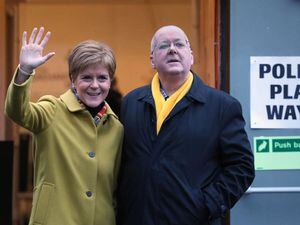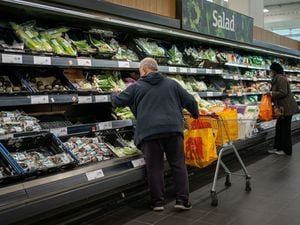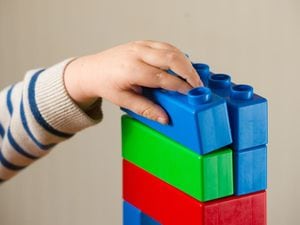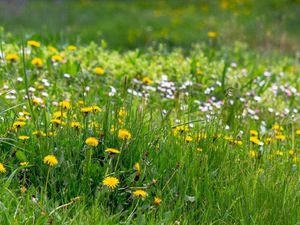Afghanistan veteran hails bravery shown by British troops in Kabul evacuation
Dave Henson lost his legs in an IED explosion in 2011.
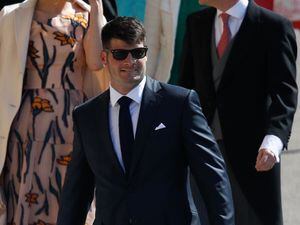
An Afghanistan veteran has described the bravery shown by British troops involved in the Kabul airport evacuation process as a cause for “celebration” amid a “tragic situation”.
Former Royal Engineer Dave Henson, 36, said he still struggles to console the families of his friends who died in the war, but added the professionalism of the airport soldiers in an “unimaginably difficult situation” should be recognised.
Mr Henson, who lost his legs in an IED explosion in 2011, detected and removed bombs in the Afghan province of Helmand.

“Certainly, the soldiers that were deployed to do that very swift withdrawal acted with utmost professionalism in an incredibly complicated and fast-moving environment.
“I think that’s the sort of operation that can be celebrated, it showed the best of the British service capability.
“Withdrawing 14,000 people from a contested and dangerous area over the space of two weeks is unimaginably difficult, and the guys went and did it with absolute professionalism.”
“I think that’s the celebration that can come from this tragic situation,” he added.
“The political motivations (for the withdrawal) are beyond me, but I think we can celebrate the service personnel who have done their job well.”
Mr Henson added that while he feels “completely ok” with his injuries and is “proud” of his service, he is still in touch with the families of his friends lost on the battlefield.
He said: “Like most people in the military who served in Afghanistan over those really busy periods of quite high intensity conflict, I’ve lost friends and I’ve had to either put them on to the back of a plane or take them off at the other end…
“It’s incredibly difficult thinking about what the families have to go through.
“I have tried to put into words – at least in my own head – what I can say to those families to make what’s going on now ok, and I haven’t found the right words yet.”
When asked whether he thought the Taliban had changed, he said: “I think 20 years of them not being in power will have inevitably changed their perspective.
“It’s difficult coming from a service perspective where the Taliban were always considered the enemy… however, Afghanistan is a strategically important country, and we need strategically important relationships with it.
“So hopefully we can come to some kind of agreement, and I would hope that any kind of diplomatic agreement is based solidly upon inclusion, particularly of females, cultures, genders and beliefs.
“Everything that we hold important in our societies I would hope that diplomatic routes are underpinned by those basic human rights.
“It’s definitely possible to change,” he added.
“I hope that things have changed, but time will be the judge of that.”

